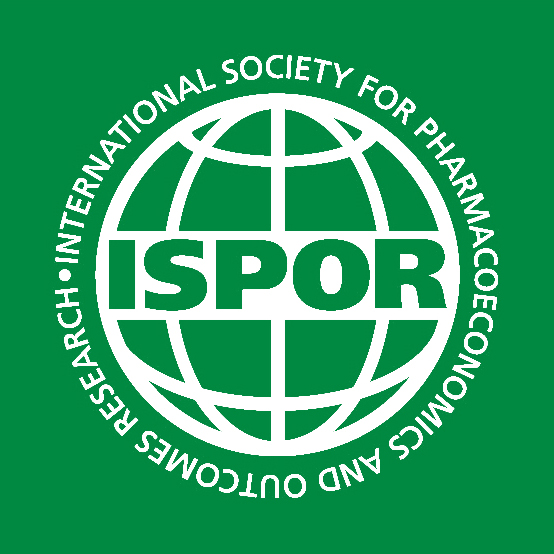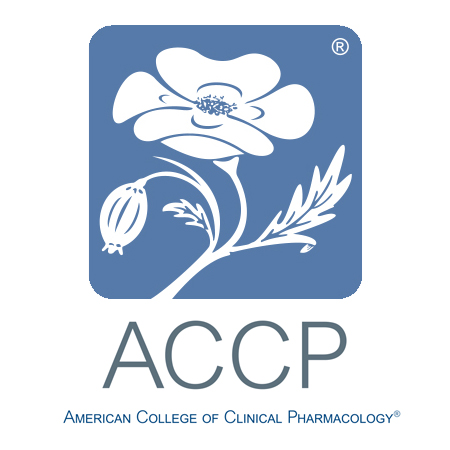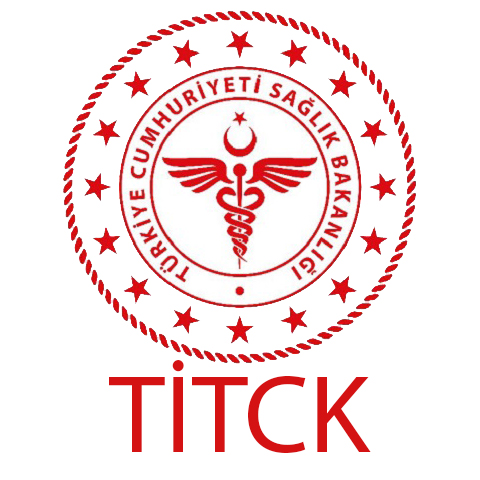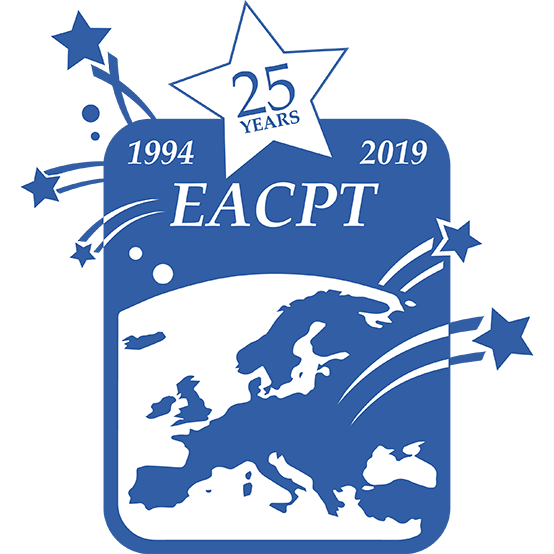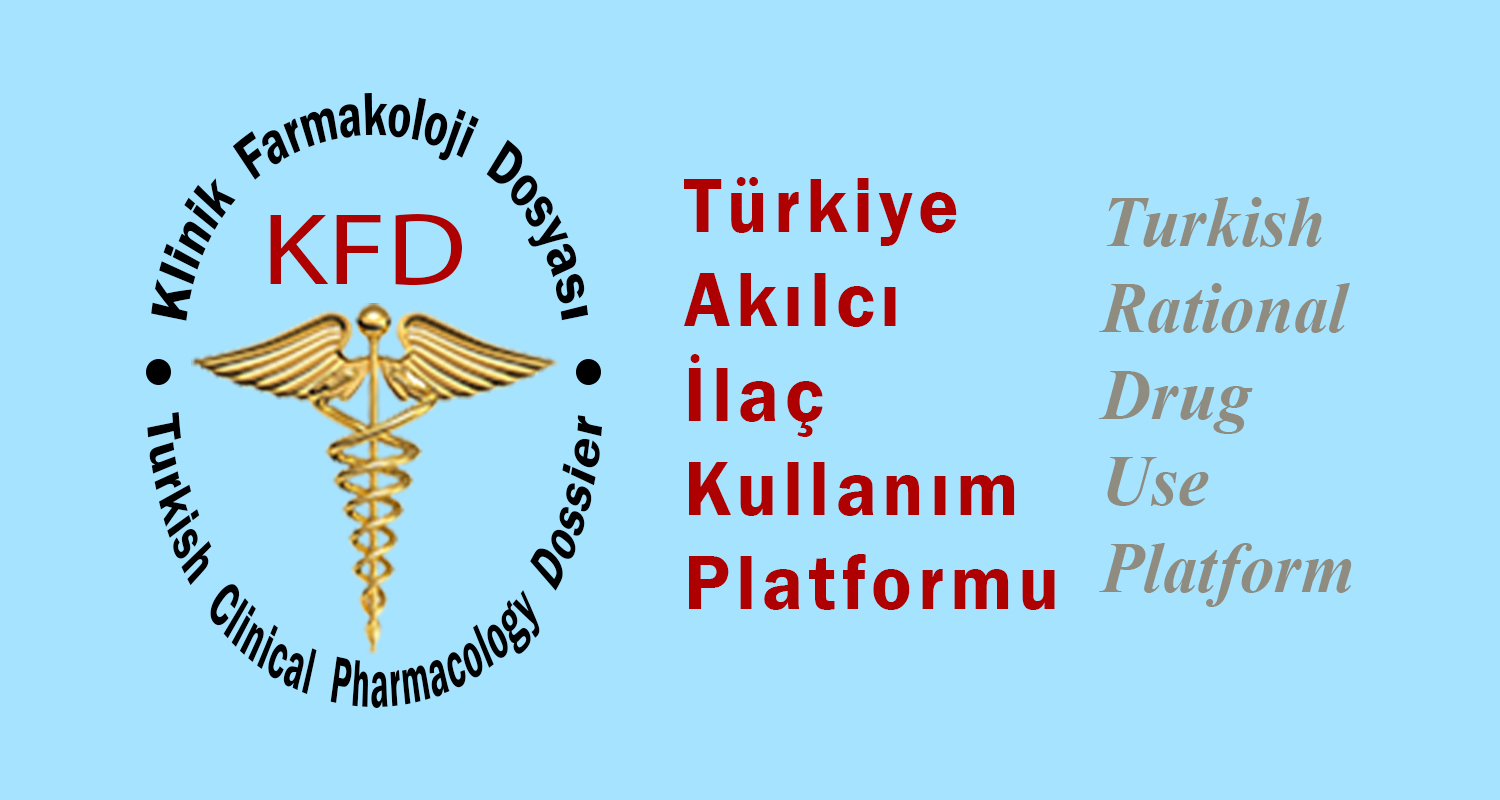
İLAÇ FİRMALARI JAPONLARINDA MORAL DEĞERLERİNİ BOZDU!
Editorial bölümünde ilaç firmaları-doktor ilişkileri yayına girdikten bir-kaç saat sonra Japonyadan büyük bir skandal patladı ve bilim dünyası bir kere daha sarsıldı. Maalesef ilaç sektöründe sahtekarlık ve ahlaksızlığın sonu yok. Konuyla ilgilenenler bile neye inanacaklarını şaşırıyorlar. En ciddi bildiğimiz dergilerde sahte makaleler yayınlanıyor ve hemen hepsinin arkasında bir büyük ilaç firması.
‘Kyota Prefectural University of Medicine’ profesörlerinden Hiroaki Matsubara 56 yaşında, işini iyi bilen (!) bir kardiyolog. Matsubara uluslararası ciddi dergilerde onlarca makale yazmış. Günün birinde yolu NOVARTİS ilaç firması ile kesişiyor ve başlıyor DIOVAN’ın (valsartan) araştırmalarını yapmaya. Bu arada Matsubara ve ekibi büyük keşiflerde bulunuyor (!). Anjiyotensin Reseptör Blokeri (ARB) DİOVAN her ne hikmetse kan basıncını düşürücü etkisi yanında felcide ve kalp krizini de önlüyor. Diğer ARB lerde olmayan bu etki (!) dolayısı ile Novartisin Japonyada Diovan satışları rekor kırıyor (2011 de 120 milyar yen, Japonyada en çok satan 3. Ilaç)) ve Novartis bu yayınları dergilere parayı bastırarak ücretsiz olarak internetten indirilmesini de sağlıyor. Gelin görün ki bazı münafıklar bu işte bir bit yeniği olduğundan şüpheleniyorlar ve araştırma grubundan bir ispiyoncuyu (whistleblower) da konuşmaya başlıyor…
Önce European Heart Journal editörleri Kyota Prefectural Üniversitesini kibarca uyararak özellikle felç sonuçlarında bir gariplik olduğunu söylüyorlar ve araştırmacılar hiç itirzsız felç (stroke) sonuçlarını makaleden çıkartıyorlar. İş gittikçe büyümeye başlıyor ve görülüyor ki yazarlardan birisi (istatistikleri yapan) Osaka City üniversitesinde part time görevli ama esas çalıştığı yer NOVARTIS! Yani kişi Novartis çalışanı olduğu halde makalelerde bunu bilerek saklıyor. Firma etiği denilen şey bu olsa gerek…
Mainichi gazetesi olayın üzerine gidiyor ve 28 Martta sahtekarlığı kamu oyuna duyuruyor. Bu arada NOVARTISIN bu araştırma grubuna 1 MİLYON DOLAR verdiği de ortaya çıkıyor. Acaba ilaç firmaları ile araştırmacılar arasında çıkar ilişkisi var mı???? (http://mainichi.jp/english/english/newsselect/news/20130328p2a00m0na009000c.html)
Araştırmalar 2004 yılında başlıyor ama Matsumara’nın sahtekarlıkları daha öncelere dayanıyor. 2000 Yılında Molecular and Cellular Biochemistry de yayınladığı makale sahtekarlık dolayısı ile 2003 yılında dergiden çıkartılıyor (bkz referanslar). Matsumara 1999 da Circulation Research’te yayınladığı makaleyi Mol. Cell. Res’te yayınlıyor ve dergi 3 sene sonra farkına varıyor!!
Nihayet tüm dünya ve Japonlarda olayın farkına varıyor ve ‘Japanese Circulation Society’ de makaleleleri dergilerinden çıkartıyor ve 27 Aralık 2012 de bunu bir bildiri ile açıklıyor. Kimse bunu sahtekarlık olarak tanımlamıyor, ‘number of serious errors in data analysis’ (data analizinde ciddi hata) olarak değerlendiriyor… Japon adetlerine göre Matsumara ve NOVARTIS Japonya CEO sunun harakiri yapması gerekirken (!) bunlar olayı hiç üzerlerine alınmıyorlar aksine Matsubara:’datalar toplanırken ufak bir hata olmuş ama bu makalenin sonucunu değiştirmez’ diyerek ahlaksız bir Japon olduğunu ortaya koyuyor. Üniversite ise yapılan araştırmalarda yolsuzluk yoktur derken NOVARTIS CEO su makalede adı geçen mensuplarının ayni zamanda Üniversitede de çalıştığı için Novartisten bahsedilmediğini söylüyor. Görüldüğü gibi ilaç firmaları yanlız hastaların sağlığını değil, Japonlar gibi moral değerlere çok önem veren ülkelerin bile ahlaklarını bozabiliyor. Diğer ülkeleri siz düşünün!!!!
Matsubara daha fazla dayanamıyor ve Şubat 2013 de Üniversiteden istifa ediyor! Bu makalerei referan gösterenler, bu makaleleri promosyonda kullananlar acaba ne yapıyor????
MATSUBARA’NIN YAYIDAN KALDIRILAN MAKALELERİ:
Eur Heart J. 2013 Feb 4. [Epub ahead of print]
Retraction of: Effects of valsartan on morbidity and mortality in uncontrolled hypertensive patients with high cardiovascular risks: KYOTO HEART Study [Eur Heart J (2009) 30:2461-2469, doi: 10.1093/eurheartj/ehp363]. Sawada T, Yamada H, Dahlöf B, Matsubara H; for the KYOTO HEART Study Group.Department of Cardiovascular Medicine, Kyoto Prefectural University School of Medicine, Kajiicho 465, Kamigyoku, Kyoto 602-8566, Japan.
Circ J. 2013;77(2):552b.
Retraction. Enhanced cardiovascular protective effects of valsartan in high-risk hypertensive patients with left ventricular hypertrophy: sub-analysis of the KYOTO HEART study..
Retraction of Shiraishi J, Sawada T, Kimura S, Yamada H, Matsubara H. Circ J. 2011;75(4):806-14.
PMID: 23358392 [PubMed - in process] Free full text
Circ J. 2013;77(2):552a. Epub 2012 Dec 28.
Retraction. Effects of valsartan on cardiovascular morbidity and mortality in high-risk hypertensive patients with new-onset diabetes mellitus: sub-analysis of the KYOTO HEART study..
Retraction of Kimura S, Sawada T, Shiraishi J, Yamada H, Matsubara H. Circ J. 2012 Sep 12;. pii: DN/JST.JSTAGE/circj/CJ-12-0387. PMID: 23291966 [PubMed - in process]Free full text
Circ J. 2012 Sep 12. pii: DN/JST.JSTAGE/circj/CJ-12-0387. Epub 2012 Sep 12.
Effects of valsartan on cardiovascular morbidity and mortality in high-risk hypertensive patients with new-onset diabetes mellitus. Kimura S, Sawada T, Shiraishi J, Yamada H,Matsubara H; KYOTO HEART Study Group. Department of Cardiology, Kyoto Second Red Cross Hospital Japan. shinzo@koto.kpu-m.ac.jp Retraction in Shimokawa H. Circ J. 2013;77(2):552a.
Int J Cardiol. 2012 Jul 12. pii: S0167-5273(12)00894-7. doi: 10.1016/j.ijcard.2012.06.103. [Epub ahead of print] WITHDRAWN: Cardio-cerebrovascular protective effects of valsartan in high-risk hypertensive patients with overweight/obesity: A post-hoc analysis of the KYOTO HEART Study.
Irie H, Shiraishi J, Sawada T, Koide M, Yamada H, Matsubara H; for the KYOTO HEART StudyGroup. Department of Cardiology, Kyoto First Red Cross Hospital, Honmachi, Higashiyama-ku, Kyoto 605-0981, Japan.
Abstract
This article has been withdrawn at the request of the author(s) and/or editor. The Publisher apologizes for any inconvenience this may cause. The full Elsevier Policy on Article Withdrawal can be found at http://www.elsevier.com/locate/withdrawalpolic
Retraction of: Effects of valsartan on morbidity and mortality in uncontrolled hypertensive patients with high cardiovascular risks: KYOTO HEART Study [Eur Heart J (2009) 30:2461–2469, doi: 10.1093/eurheartj/ehp363] Takahisa Sawada1, Hiroyuki Yamada1, Björn Dahlöf2, Hiroaki Matsubara1, for the KYOTO
Mol Cell Biochem. 2000 Sep;212(1-2):187-201.
Transactivation of EGF receptor induced by angiotensin II regulates fibronectin and TGF-beta gene expression via transcriptional and post-transcriptional mechanisms.
Matsubara H, Moriguchi Y, Mori Y, Masaki H, Tsutsumi Y, Shibasaki Y, Uchiyama-Tanaka Y,Fujiyama S, Koyama Y, Nose-Fujiyama A, Iba S, Tateishi E, Iwasaka T. Department of Medicine II, Kansai Medical University, Moriguchi, Osaka, Japan.
Retraction in Mol Cell Biochem. 2003 Sep;251(1-2):167
Urgent Announcement From the Editor-in-Chief Concerning Article Retraction
December 27, 2012
The editorial team of Circulation Journal has recently confirmed that the manuscript written by Shinzo Kimura et al, Circ J. 2012 Sep 12. [Epub ahead of print], contains a number of serious errors in data analysis.
Shinzo Kimura, Takahisa Sawada, Jun Shiraishi, Hiroyuki Yamada, Hiroaki Matsubara; for the KYOTO HEART Study Group. Effects of Valsartan on Cardiovascular Morbidity and Mortality in High-Risk Hypertensive Patients with New-Onset Diabetes Mellitus. Circ J. 2012 Sep 12. [Epub ahead of print]
Therefore, we have decided to retract the paper from Circulation Journal.
As Editor-in-Chief, I regret the time that peer reviewers and others spent evaluating this paper. I sincerely hope and trust that there will be no repetition of this kind in the future.
Hiroaki Shimokawa
Editor-in-Chief Circulation Journal
ÇİN İŞİ JAPON İŞİ, BUNU YAPAN İKİ KİŞİ!!!! Bu makaleye inanırmısınız (yazarlara dikkat), JİKEİ GRUBU ACABA NOVARTISTEN DESTEK ALDI MI? BÜTÜN JAPON MAKALELERİNDE İSVEÇLİ DAHLÜF’ÜN NE İŞİ VAR VE BU KİŞİNİN NOVARTİSLE BAĞLANTISI VAR MI???
Lancet. 2007 Apr 28;369(9571):1431-9.
Valsartan in a Japanese population with hypertension and other cardiovascular disease (Jikei Heart Study): a randomised, open-label, blinded endpoint morbidity-mortality study.
Mochizuki S, Dahlöf B, Shimizu M, Ikewaki K, Yoshikawa M, Taniguchi I, Ohta M, Yamada T,Ogawa K, Kanae K, Kawai M, Seki S, Okazaki F, Taniguchi M, Yoshida S, Tajima N; Jikei Heart Study group.
Division of Cardiology, Department of Internal Medicine, Jikei University School of Medicine, Tokyo, Japan.
Abstract
BACKGROUND:
Drugs that inhibit the renin-angiotensin-aldosterone system benefit patients at risk for or with existing cardiovascular disease. However, evidence for this effect in Asian populations is scarce. We aimed to investigate whether addition of an angiotensin receptor blocker, valsartan, to conventional cardiovascular treatment was effective in Japanese patients with cardiovascular disease.
METHODS:
We initiated a multicentre, prospective, randomised controlled trial of 3081 Japanese patients, aged 20-79 years, (mean 65 [SD 10] years) who were undergoing conventional treatment for hypertension, coronary heart disease, heart failure, or a combination of these disorders. In addition to conventional treatment, patients were assigned either to valsartan (40-160 mg per day) or to other treatment without angiotensin receptor blockers. Our primary endpoint was a composite of cardiovascular morbidity and mortality. Analysis was by intention to treat. The study was registered at clintrials.gov with the identifier NCT00133328.
FINDINGS:
After a median follow-up of 3.1 years (range 1-3.9) the primary endpoint was recorded in fewer individuals given valsartan than in controls (92 vs 149; absolute risk 21.3 vs 34.5 per 1000 patient years; hazard ratio 0.61, 95% CI 0.47-0.79, p=0.0002). This difference was mainly attributable to fewer incidences of stroke and transient ischaemic attack (29 vs 48; 0.60, 0.38-0.95, p=0.028), angina pectoris (19 vs 53; 0.35, 0.20-0.58, p<0.0001), and heart failure (19 vs 36; 0.53, 0.31-0.94, p=0.029) in those given valsartan than in the control group. Mortality or tolerability did not differ between groups.
INTERPRETATION:
The addition of valsartan to conventional treatment prevented more cardiovascular events than supplementary conventional treatment. These benefits cannot be entirely explained by a difference in blood pressure control.
DIOVAN PROMOSYONLARI:
Diovan Achieved 40% Reduction in Stroke and Cardiovascular Events in Landmark Jikei Heart Study
KYOTO HEART study not quite sufficient to extend the role of ARBs to first-line therapy
The 45% reduction in the primary end point was primarily driven by a reduction in stroke and in angina symptoms in the Asian study population. Senior author Dr Hiroaki Matsubara (Kyoto Prefectural University School of Medicine), who presented the findings at the meeting, toldheartwire that he believes the main message of the trial is "that in high-risk hypertension patients, valsartan should now be considered a first-line drug." This message applies to Asian patients and "probably" also to Europeans and Americans, he said.
In an editorial accompanying the publication of the study [2], Drs Franz Messerli (St Luke's Roosevelt Hospital, New York, NY), Sripal Bangalore (Brigham and Women's Hospital, Boston, MA), and Frank Ruschitzka (University Hospital, Zurich, Switzerland) say: "The impressive results of the KYOTO study lead to the question of whether ARBs as a class have come of age and should now be considered as preferred or baseline therapy in hypertension.
Valsartan and Amlodipine: Safety and Efficacy in Stroke Prevention
Authors: Kanako Bokuda and A. Ichihara
Publication Date: 15 Jul 2010
Journal: Clinical Medicine Reviews in Vascular Health
Abstract
Stroke is one of the leading causes of death and disability worldwide. Controlling hypertension is known to be the most important treatment in preventing stroke. Reduction of blood pressure (BP) even below the normal range continues to reduce stroke risk. However, there are also thought to be blood pressure-independent effects of antihypertensive treatments, which differ between antihypertensive classes. Calcium channel blocker, amlodipine, and angiotensin receptor blocker, valsartan, represent the two antihypertensive drugs with supportive evidence for the prevention of stroke. Amlodipne and valsartan have favorable effects on stroke outcome as monotherapy, particularly in patients with high cardiovascular risk. There has been no study in which evaluated the effectiveness of the combination of these two agents, however, the combination of amlodipine and valsartan is well tolerated and the large BP reductions with this combination therapy would suggest that this might be an effective approach for stroke prevention.
KYOTO HEART: Valsartan associated with fewer stroke events in high-risk patients
Lower incidence of stroke/transient ischemic attack and angina pectoris were among the observed benefits. September 2, 2009 European Society of Cardiology Congress 2009ompleted
PHASE 4 RESULTS
Add-on Effects of Valsartan on Morbi-Mortality (KYOTO HEART Study)
Summary
The KYOTO HEART Study is to assess the add-on effect of valsartan, an Angiotensin-Receptor Blocker, on top of the conventional treatment in high risk patients in Japan with hypertension in terms of the morbidity and mortality.
http://www.internalmedicinenews.com/fileadmin/content_pdf/card/archive_pdf/vol7iss10/70236_main.pdf
Valsartan Cut CV Events by 45% in Kyoto Heart Study

